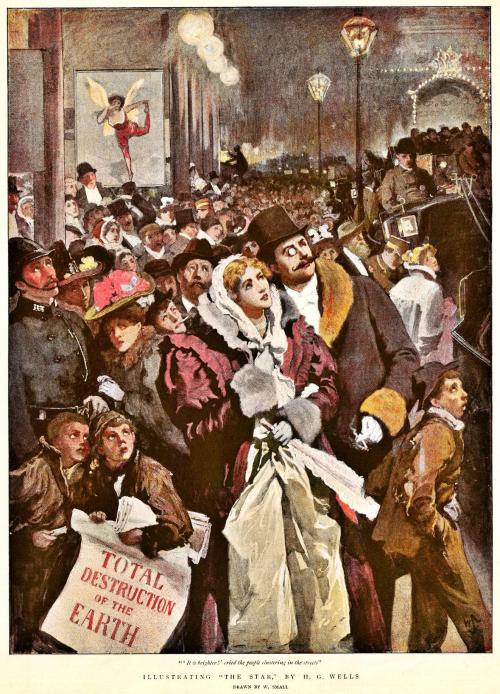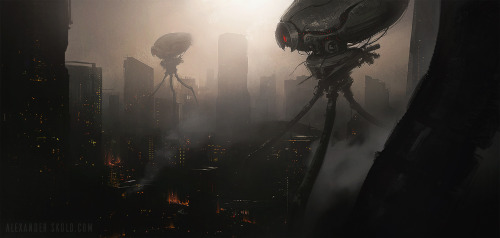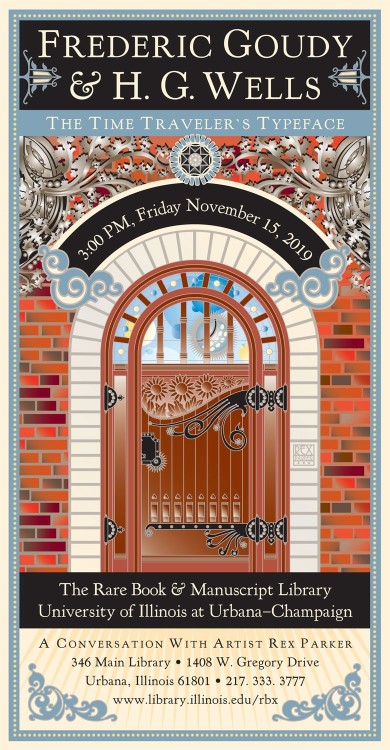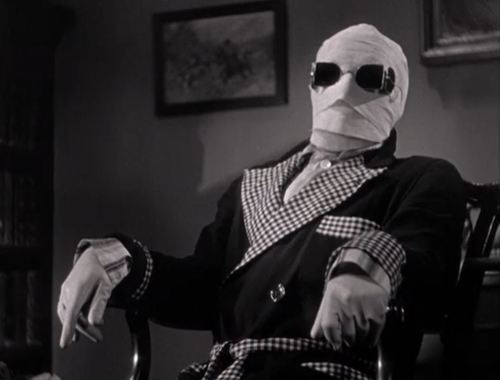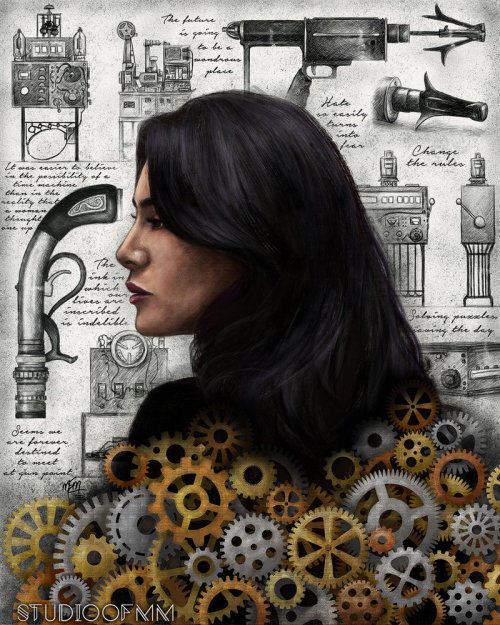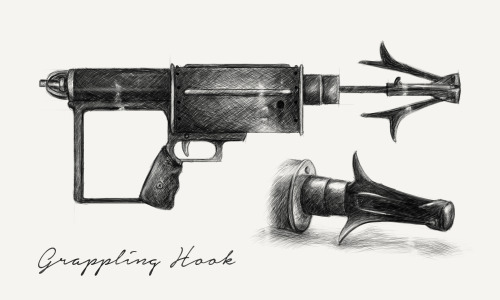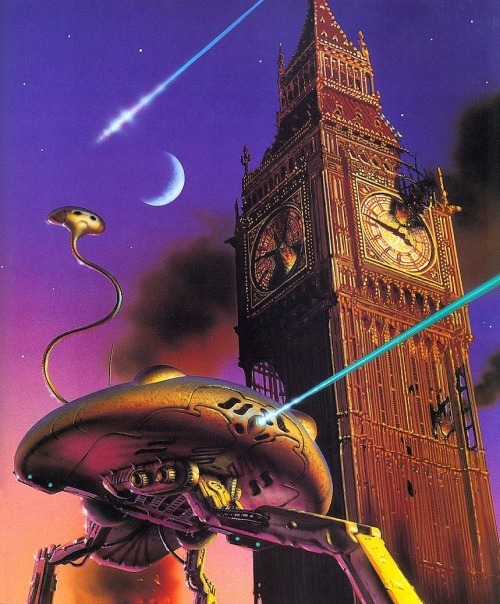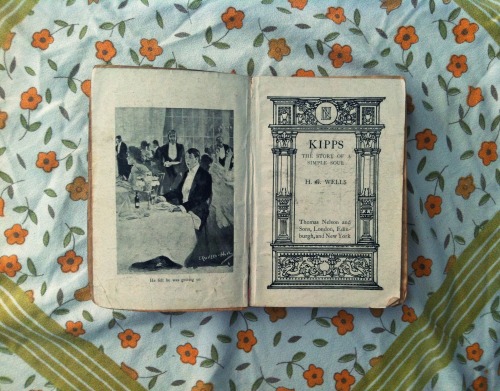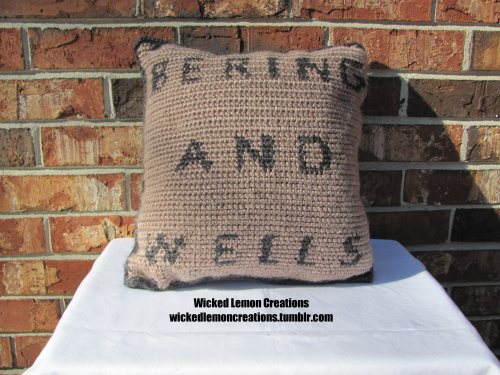#hg wells
Hello friends! Today I decided to create a post that is somewhat less conventional, but still quite relevant. Since I’m a student that apart from studying also loves to read, this post will be dedicated entirely to reading classics and how to enjoy reading them! When I first started out I probably felt the same things many people feel when they first start reading classics, especially in school, but I can promise you, once you start to read them more, you’ll start to actually like them. In any case, below you’ll find a list of tips and recommendations I wish to share with you, so I hope you like it :)
1. Where/how to start
Getting started with classics is for many people the biggest obstacle, but you can overcome your fear of classics by just simply starting to read them. However, where many people go wrong, is that they don’t choose their first classics wisely and will be appalled by them because of it. But worry not, below is a list of some of (personal) recommendations of classics generally considered enjoyable. If you feel like this is a step too big, you can also start off by watching some good TV/movie adaptations of classics, which are included as well.
2. Recommendations below 200 pages
- The Catcher in the Rye - J.D. Salinger
- Northanger Abbey - Jane Austen
- Mrs. Dalloway - Virginia Woolf
- The Great Gatsby - F. Scott Fitzgerald
- The Importance of Being Earnest - Oscar Wilde (very hilarious)
- Under the Greenwood Tree - Thomas Hardy
- Silas Marner - George Eliot
- Persuasion - Jane Austen
- A Christmas Carol - Charles Dickens (the classic Christmas read)
- The Time Machine - H.G. Wells
- A Room With a View - E.M. Forster
- Nineteen Eighty Four - George Orwell
- The Bell Jar - Sylvia Plath
3. Recommendations beyond 200 pages
- Pride and Prejudice - Jane Austen
- The Lord of the Rings - J.R.R. Tolkien (yes, this is a classic)
- North and South - Elizabeth Gaskell
- Emma - Jane Austen
- The Talented Mr. Ripley - Patricia Highsmith
- Jane Eyre - Charlotte Brontë (one of my favourite books of all time)
- Little Women - Louisa May Alcott
- War and Peace - Leo Tolstoy (a gigantic 1400 pages)
- The Tenant of Wildfell Hall - Anne Brontë (super feminist!)
- Wives and Daughters - Elizabeth Gaskell
- Far From the Madding Crowd - Thomas Hardy
- Anna Karenina - Leo Tolstoy
- Orlando - Virginia Woolf
4. TV/movie adaptations
- North and South (2004) BBC miniseries
- Jane Eyre (2006) BBC miniseries
- Pride and Prejudice (2005) movie
- The Count of Monte Cristo (2002) movie
- War and Peace (2016) BBC miniseries
- The Great Gatsby (2013) movie
- The Talented Mr. Ripley(1999)
- Scrooge (1970) movie
5. Some nice editions of classics
- Penguin English Library classics (very afforable!)
- Penguin Clothbound classics (my personal favourites)
- Penguin Modern classics
- Barnes & Noble Leatherbound classics
- The Art of the Novella series
- Vintage Classics Austen series
6. How to enjoy them
Reading classics is at some point a kind of trial-and-error experience, so I suggest that you begin by reading a wide variety of shorter classics from which you can gradually decide upon the types of classics you do like and the types you don’t. Once you discover the time/era, writing style, themes, and place you favour, it’s much easier and enjoyable to read more classics, and lengthier ones as well. Reading classics does not mean that you have to read within all times or eras, but you can also enjoy one particular era as well (I personally love the 1850-1900 era). In the end, you should have a pretty good idea of what you like, and trust me, reading classics will by no means be scary anymore!
7. How to enjoy them at school
Once you have familiarised with classics, you’ll also have familiarised with the writing style and the types of stories. This means that reading classics in school will be much easier to do as well, because it will help you spend much less time worrying about the book, but can instead help you enjoy and appreciate it. Truly, not all the books you’ll read in school will be fun or good, but just remember that not all classics are like that! If you’re lucky enough to read a book that you do like, you’ll read it much quicker and understand a lot better now that you know in what context it can be placed. If you still feel scared, please watch this video, it does wonders.
This post turned out to be longer than expected, but hopefully it can help all of you out! If you have any questions about this post, or more general things (or if you’d like to talk to me about books), you can always send me an ask. See you next time!
Post link
Join us on Friday, November 15th, from 3-5pm for a public lecture: “Frederic Goudy & H. G. Wells: The Time Traveler’s Typeface.” This talk by Rex Parker covers Goudy and Wells’ collaboration on The Door in the Wall and the creation a timeless typeface. Free and open to the public; refreshments will be served!
Post link

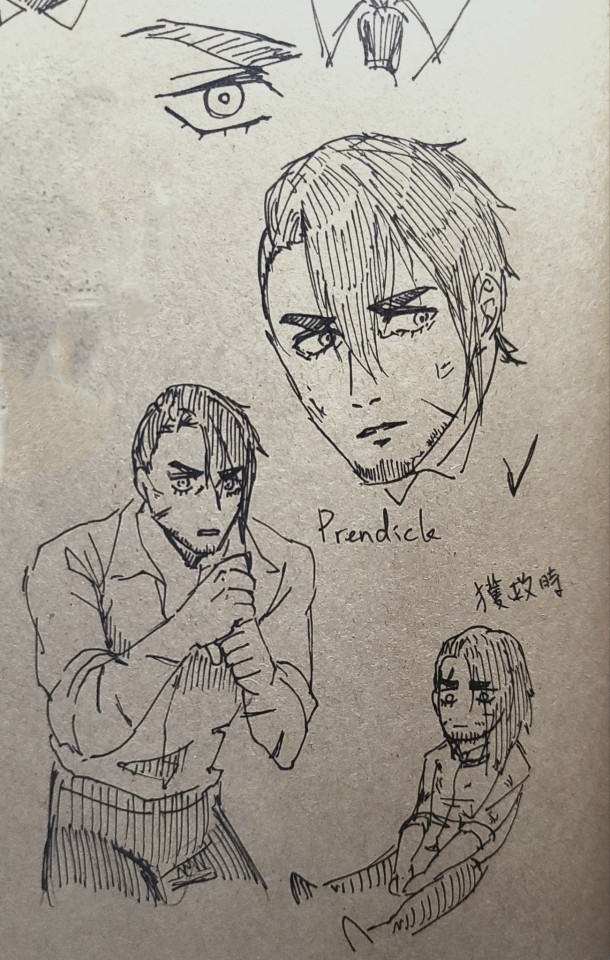
The Island of Dr. Moreau - M'ling and Edward Prendick
I’ve never draw original furry design before…


New original design - Dr. Moreau and Montgomery
I finished TIoDM book today! Time to add more friends to Wells universe .ヽ(^Д^*)/.


Photo practice - Griffin
Marvel: My boss is so fine…

bonus: Griffin and Hyde (photo practice)
I keep imagine these two got some commercial work case like GQ model or sth

wow imagine if hyde also kept a diary idk
The Time Traveller (for so it will be convenient to speak of him) was expounding a recondite matter to us
- The Time Machine (1895), HGW
Post link
FrenchgrandeforTHE FIRST MEN IN THE MOON (Nathan Juran, UK, 1964)
Artist: Roger Soubie
Poster source: Heritage Auctions
Post link
I was looking through the shelves thinking which book to write about next and I came across Stapledon’s Star Maker. I’d read it recently and it’s a remarkable book (rather, it’s an ongoing read*). I thought it wouldn’t be suitable as it was re-published as part of Gollancz’s SF Masterworks series, I thought it was still culturally significant. Yet, looking through a number of ‘greatest science fiction’ lists (I know I shouldn’t do that). It was notably absent, even from Pringle’s list. Looking through the NPR list World War Z was in the top 50, but no Stapledon. Anyway, I’m not here to rant on relative merit, I’m here to talk a little about a classic work of literature that seems to be slipping.
So, a little about the author. Stapledon’s known as much for his academic work as for his fiction writing. His earliest academic publications were in the realm of philosophy and psychology, though these were preceded by a couple of volumes of poetry from 1914 and 1923. his philosophical ideas around society and community passed through into his fiction, starting with Last and First Men of 1930. Stapledon’s works was read by many of the next generation of SF writers.

Star Maker itself was highly acclaimed by a number of contemporary writers including Woolf, Wells and the outstanding Borges. Arthur C. Clarke is noted for having been highly influenced by the novel. Within the first few pages, Stapledon does something I absolutely love in science fiction; he dismisses entirely the science. We’re taken on an odyssey to the edges of our galaxy with no mention of the method. That’s not to say the science is lacking, Freeman Dyson’s Dyson sphere was based in part on Stapledon’s idea. His discussion of a collective mind is also quite a forward-thinking idea for the time.
It is a tricky book though, I had to rest after the first few pages because the overall feel of the writing is quite colourless - it reads more technical than dramatic. However, given the breadth and depth of ideas therein it is certainly an important milestone in the history of speculative fiction, particularly as it exists in that hinterland between the birth of science fiction and it’s full flowering.
The book was published on the 24th June in 1937 (initially intended to be the 10th) by Methuen. The first issue is identified by having blue boards with red lettering. Here’s a link to our copy of the first British edition in the Bip Pares jacket: £2750
* The ongoing read has been something of a habit of mine for many years, but only recently have I structured it into my reading habits. I figured that a novel is on average 250 pages long. I figured a short story is around 20 pages. One novel is roughly equal to around 12 short stories. I find it difficult to sit and read a full book of short stories. So here’s how I structure it; I read a novel, then 12 short stories (or novellas etc). But rather than read 12 stories by one author I read 12 stories by 12 authors. So the last iteration in the cycle was: [Novel] Ubik, [Shorts] Grimm’s Fairy Tales, J.G. Ballard, H.P. Lovecraft, Sophocles, Neil Gaiman, Arabian Nights, John Milton, Virgil, Malory, Asimov, E.T.A. Hoffman, Ray Bradbury. Anyway, just thought I’d share because it works for me!
Grappling Hook Schematics
This is actually part of an upcoming painting but I figured I’d post it by itself as a bit of a sneak peek (plus it took way too long to draw for it to just be used as part of the background for the other art). For those interested, it’s also available on my Redbubble Store
Post link
October 30, 1938: Many listeners tuned in to CBS radio become frightened while listening to Orson Welle’s production of “War of the Worlds,” not realizing it was a play. Listeners also wondered why they were compelled to buy several bottles of Dr. Swifty’s Fast-Acting Laxative.
Crochet - Warehouse 13 Inspired Pillow - Bering and Wells
Bering and Wells give me all the emotions. So here’s a pillow.
Post link




